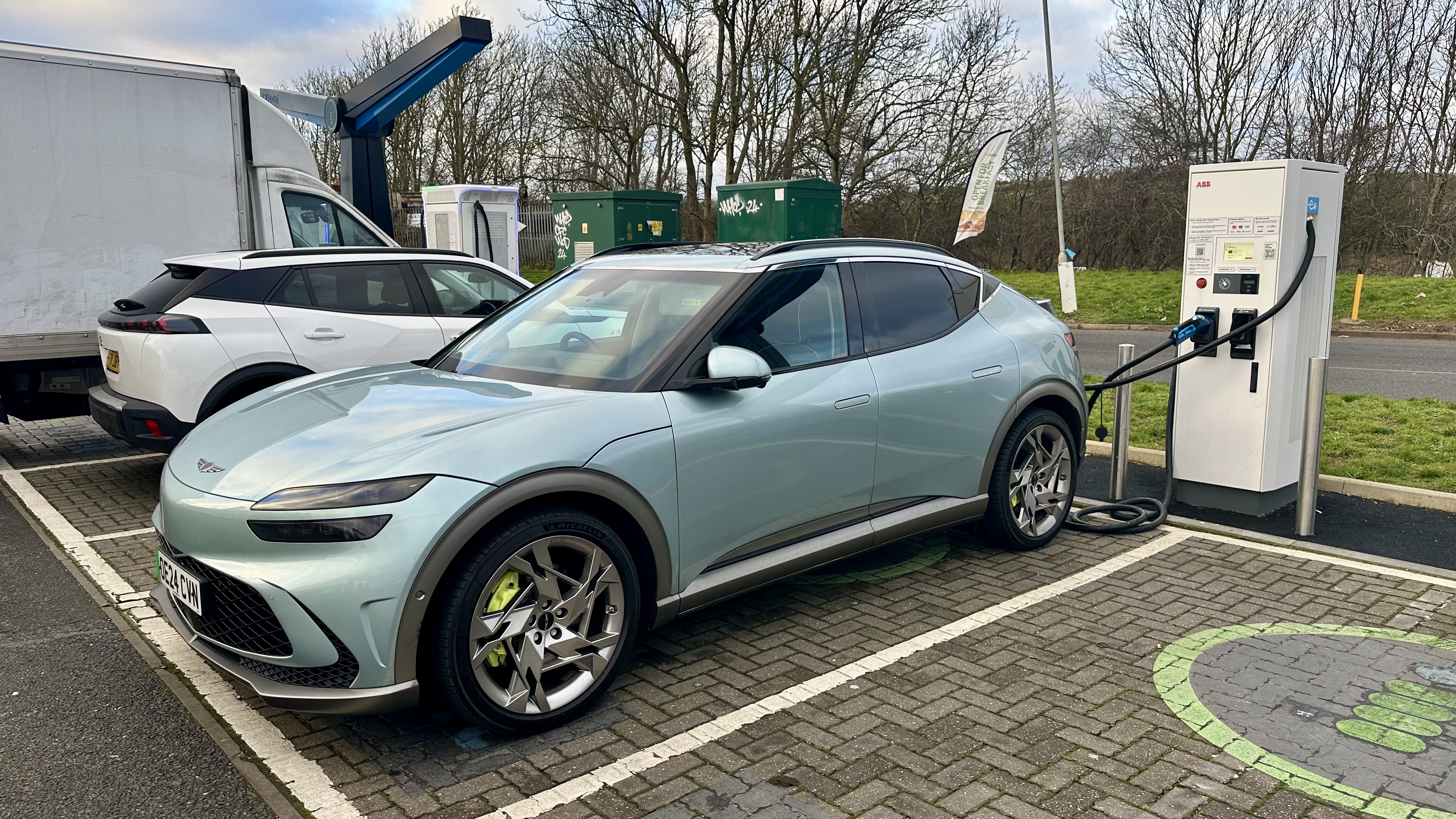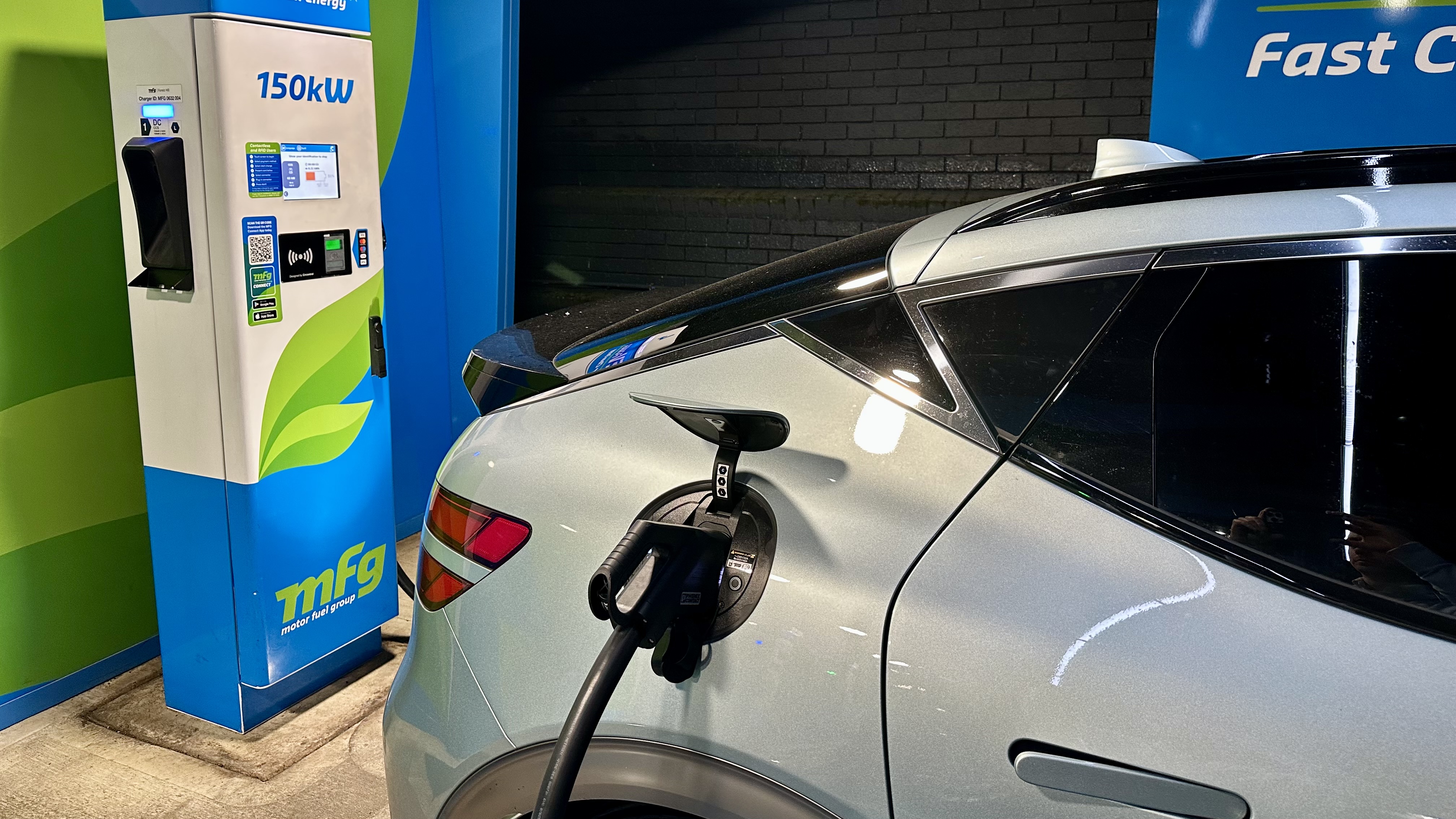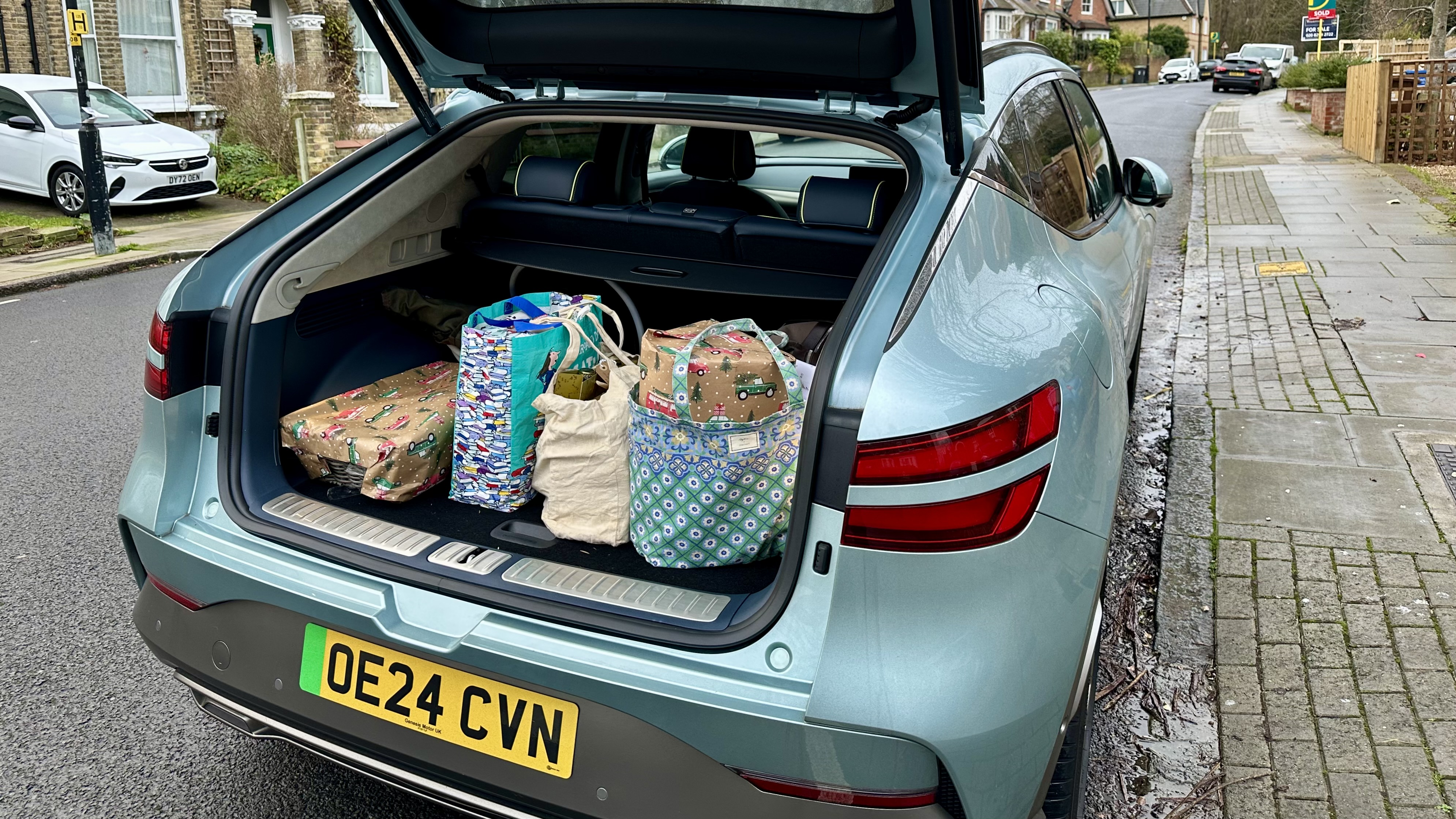
Month four of our half-year with the Genesis GV60 was always going to present its toughest test. December packs the challenges for even the best EVs, with cold weather, a lot of festive miles carrying people, presents and trees – and, of course, a heavy reliance on the UK public charging network.
I’m pleased to report that almost all went smoothly. The GV60 Sport Plus has a real-world range of about 220 miles when driven predominantly on the motorway, and since I’d be doing around 600 motorway miles in December, I’d need to use a few public charge stations.
This gives me the opportunity to talk about EV charger subscriptions. These can be paid for monthly or annually and unlock access to cheaper electricity, even at the fastest public chargers the UK has to offer. Sometimes the discount is from one set price (measured in pence per kWh of energy) to another, or a subscription can reduce the current price by a set percentage. Either way, it’s often possible to earn back the cost of a monthly subscription with just one or two battery top-ups.
EV energy subscriptions also simplify the payment process, since a single subscription (and a single app) can give you access to a wide range of charge networks, with no need to download an app for each one.
For example, OVO Charge Anywhere gives access to 34,000 chargers in the UK and over 400,000 across Europe. There’s a free tier, where you pay whatever the current rate is at each charger, or for £2 a month the cost is reduced by 10%. Pay £8 a month and the price is cut by 15%, and you get access to a customisable EV route planner app too.

- Month one with a new EV: do you need a home charger?
- Will biometric security replace your car key?
- Buttons are better than touchscreens - and this EV proves it
Using the Genesis GV60 as an example, it would cost about £45 to fill the battery to 80% on a charger priced at £0.75 per kWh. Apply the 15% saving and that falls to £38.25 – a saving of £6.75. After a second, much smaller charge, you will have earned back the £8 subscription.
Individual charge networks also offer subscriptions. BP Pulse’s subscription costs £7.85 a month and lowers the cost per kWh by 20%, while Ionity Passport costs either £5.49 or £10.50 per month, and that lowers the price per kWh from £0.74 to £0.53 and £0.43 respectively.
I used the OVO app to charge the Genesis GV60 over Christmas, covering about 600 miles across the country and using a couple of different charge networks. Apps like these are handy, since you only need one app and one account to access multiple charge networks. That said, there is a cost for this convenience; using Ionity as an example, OVO’s subscription lowers the price to £0.63 per kWh, but Ionity’s own £5.49 subscription reduces it to £0.53.
For me, I think I’d rather pay for the convenience of using one app and unlocking a discounted rate across numerous charge networks. But if you tend to visit the same charge station (or brand of stations) frequently, a subscription for that one provider could be the better option.
December with the Genesis GV60
As for the GV60 itself, it proved to be a refined and comfortable Christmas cruiser. Passengers praised the comfort and space of the rear seats, as well as the light from the (optional) panoramic glass roof, and everyone liked the (also optional) Bang & Olufsen sound system.
I learned how preconditioning the battery is vital when you want a speedy recharge. This only happens when you use the car’s own navigation system to drive to a charge station, which warms the battery as you approach and means it’ll fill quickly, easily passing 150 kW seconds after plugging in. However, if you use Google Maps through Apple CarPlay, for example, the battery doesn't pre-condition and it’ll charge at below 50 kW for about 10 minutes, before speeding up.
I wish there was a simple button to press to manually start the pre-conditioning process, since I prefer using CarPlay to the Genesis' own nav system.

Long journeys are perfectly possible in the GV60, but the motorway range (on a mild winter day) is only about 200 miles, so you need to plan accordingly. More range would be welcome, given the size of the car and its 77.4 kWh battery, but at least its ability to rapid-charge at up to about 230 kW helps combat this shortcoming.
The charge network itself handled 600 Christmas miles without a hitch. I used a variety of high-speed charge stations and low-speed lamppost chargers, and all of them worked first time. Only once did I have to queue, which was at a Fuuse charge station for about 10 minutes.
Lastly, the GV60 encountered a fault this month with its pre-active seat belt system. A replacement car was provided (by the Genesis press garage, but I’m told a customer would receive exactly the same experience) and ‘my’ car was returned just a day later. Although encountering any fault on a new car is frustrating, it was a relief to see how Genesis – a brand that is relatively new to the UK and with a limited presence – quickly fixed it.
Buyers of cars from brands that use shopping centre ‘spaces’ instead of traditional showrooms and dealerships, as Genesis does, should understand that, while the company might not have a dealer in your local town, it’ll bring a courtesy car to you, collect yours, then return it as soon as possible. It’s a system that appears to work well.







